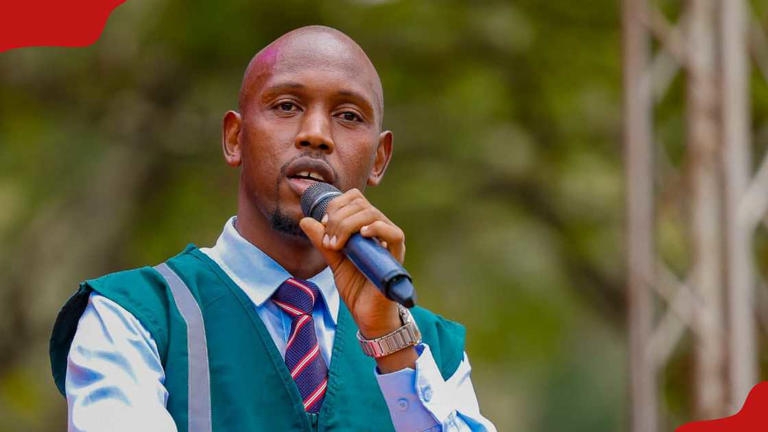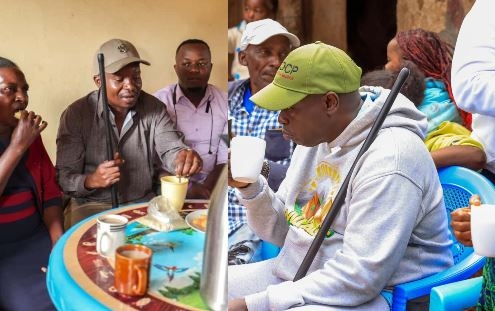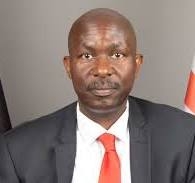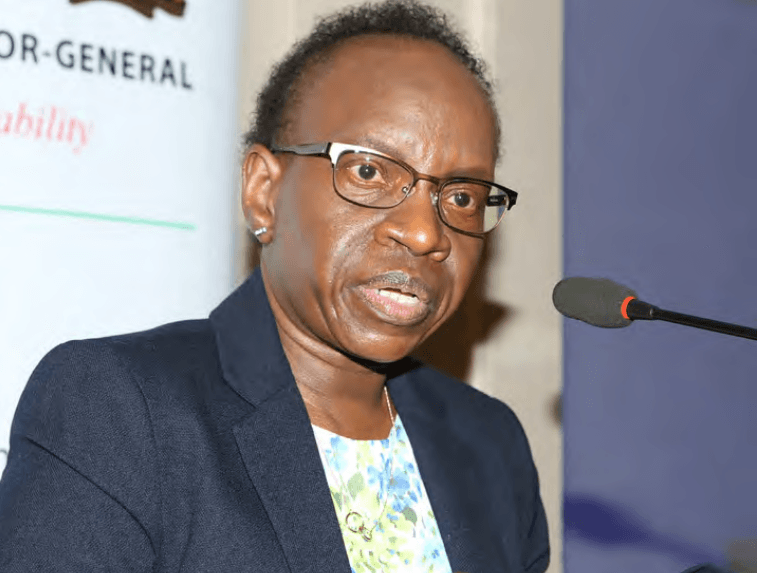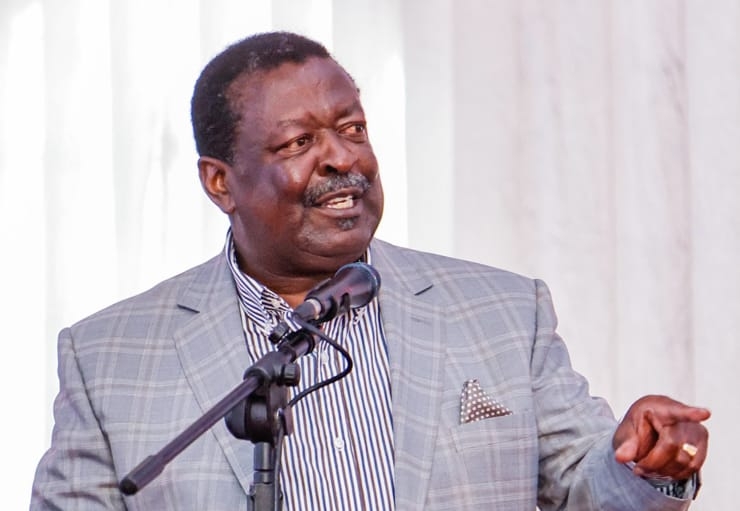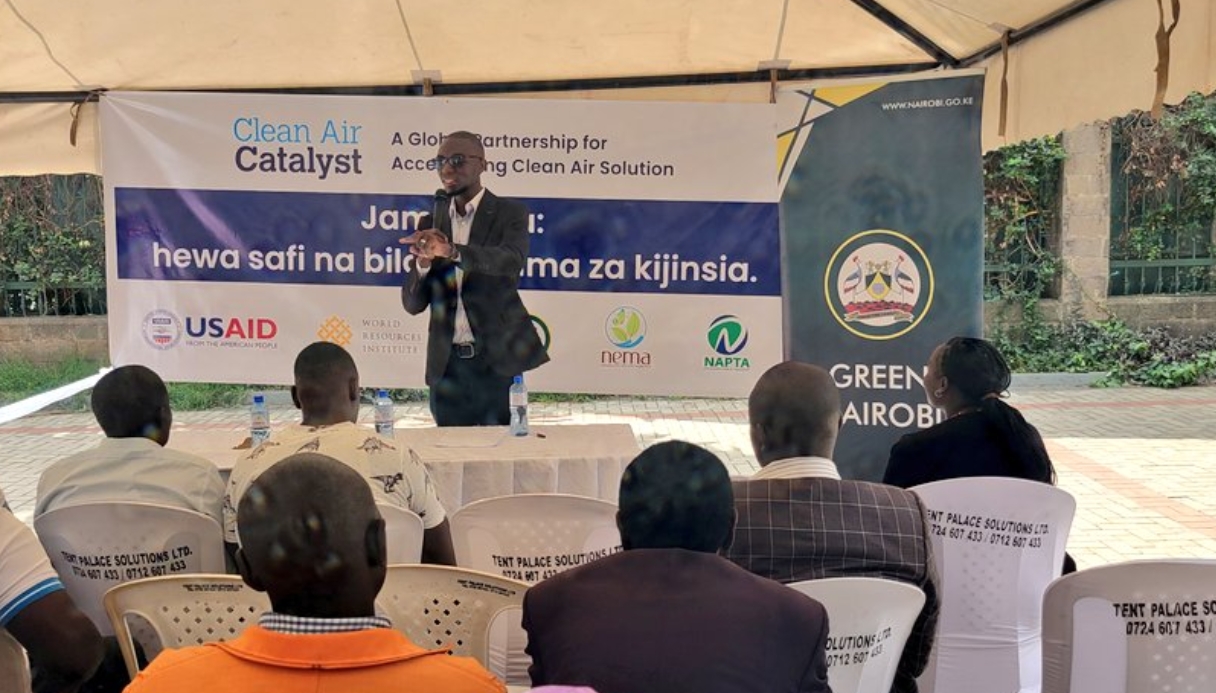 He4Shedialogue/HANDOUT
He4Shedialogue/HANDOUTThe He4She Dialogue event provided a very important avenue to discuss how gender, safety, and environmental concerns are all linked in the transport sector.
It emerged from the discussions that, in the choice of transportation mode, gender is usually the most decisive factor, even more than age or income.
Studies have consistently shown that women use public transport more frequently, yet transport systems are still predominantly designed with a gender-neutral assumption, completely neglecting the unique mobility, safety, and security needs of women.
Participants went into alarming statistics that concern violence against women in public transport.
A survey by the Flone Initiative showed that 88 per cent of commuters had witnessed or heard about VAWG in the sector, perpetrated most by public transport operators in 62 per cent of instances.
Bus stations were also pointed out as hotspots, where these incidents take place in 70 per cent of the cases reported.
These have become so normalized; targeted interventions are highly necessary.
Equally important was the environmental effect of transport.
The sector is responsible for almost a quarter of the world's carbon dioxide emissions, while the demand for passenger and freight travel is expected to double by 2050; this will see CO2 emissions increase by 16 per cent.
These environmental challenges, besides the issue of gender-based violence, create a need for innovative, integrated solutions.
The event also hosted the 2024 Men's Dialogue, put together by Clean Air Catalyst, NAPTA, Nairobi City County Government, and Flone Initiative. On December 11, the dialogue took place along Tom Mboya Street.
Engaging men within the transport sector on issues of positive masculinity, gender-based violence, and air pollution.
The discussions emphasized that men and boys should play an active role in advancing gender equality and take care of the environment.
The dialogue addressed gender roles and debunked harmful masculine norms that perpetuate violence and environmental neglect in public transport.
It also advocated for healthier male identities to foster respectful gender relations and environmental responsibility while highlighting the critical role of men and boys in creating gender-smart solutions to reduce violence and mitigate air pollution in the transport industry.
This would mean that men and women collaborate in bringing sustainable and transforming change.
Grappling with gender-based violence and environmental concerns, the He4She Dialogue set the foundation for a safer, more sustainable, and equitable transport environment for all.






